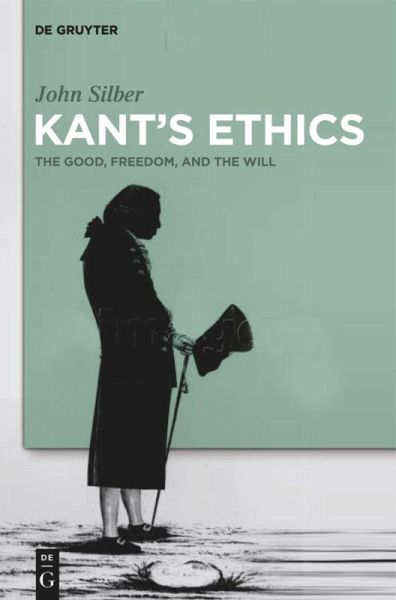
Kant's Ethics
The Good, Freedom, and the Will

PAYBACK Punkte
0 °P sammeln!
Kant's Ethics: The Good, Freedom, and the Will is a systematic examination of Kant's ethics that recognizes the central importance of the good in relation to duty as forming a unified whole, in accordance with Kant's intent. The Enlightenment, by undermining the religious foundations of morality, prompted Kant to offer a new foundation for ethics based not on religion but on reason. The first chapter provides the context of Kant's ethics and explains the criteria by which to select views that are authoritative among Kant's variety of statements. With these criteria for interpretation in hand, ...
Kant's Ethics: The Good, Freedom, and the Will is a systematic examination of Kant's ethics that recognizes the central importance of the good in relation to duty as forming a unified whole, in accordance with Kant's intent. The Enlightenment, by undermining the religious foundations of morality, prompted Kant to offer a new foundation for ethics based not on religion but on reason. The first chapter provides the context of Kant's ethics and explains the criteria by which to select views that are authoritative among Kant's variety of statements. With these criteria for interpretation in hand, the book attempts a systematic account of Kant's ethics as he developed it over a period of more than 40 years. Kant's Ethics includes an analysis of the tripartite nature of the will in its dynamic unity and the relation of the will to the good. An appendix, "Kant at Auschwitz," briefly considers a serious problem for Kant's political philosophy that follows from his insistence on obeying civil authority.




